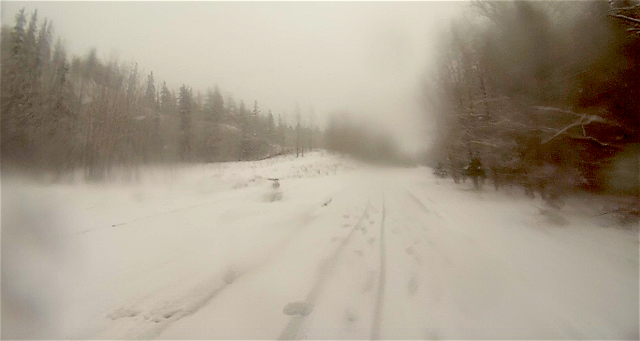A Parable
A place I know strikes me as the story of a village that in the glorious old days was visited by a Christ-like figure, a supreme being whose otherworldly talent was recognized at a tender age in the community temples and whose fame was proclaimed far and wide. This Great One grew in power and renown, attracting apostles from their artisan and craftsman lives, some of whom were adept at bloodying with their swords the faces of opponents, some of whom followed faithfully his ability to glide atop water, all of whom were led to the holy grail and the greater world beyond.
These few attained a kind of sublime eternity, but many of the residents of this small village, these ones who stayed behind, grew proud, convincing themselves that it was their merit, and not their fortune, that had attracted the blessings of the divine talents who moved, for a time, in their midst. These villagers committed a kind of mass, logical fallacy on themselves, manufacturing out of thin air a sense of self-satisfaction that, basically, proclaimed: Because we watched and cheered this greatness, and because these great ones thanked us for cheering for them, then we shared in that greatness.
Of course, proximity to greatness is just that—proximity. Nearness to greatness can be nothing more than a cosmic lottery win. But their ears and hearts were sealed to this liberating truth.
Over the years, the sense of entitlement of these villagers was used to banish many lesser but still high talents who came in the wake of the ones who came in the beginning. By this vociferous set, these disciples were judged unworthy, crucified, even though many did possess the talent and ability to tie the laces of those who had come before.
Some others in the village, those who suspected the truth of things, turned their rhetorical efforts to looking back, always looking back, making their livings by celebrating the bygone days and the elevating to heroic stature these all-too-human figures who played the game for pieces of silver. These silver-tongued ones did what rhetoricians from all ages can do—make the weaker speech the stronger. And more lucrative, for them.
In this village, a kind of priesthood developed among the self-appointed protectors of the so-called secrets of the glory days. Relics were preserved with awe, and the periodic returns to the village of the holy ones were heavenly portents. Like comets. And falling stars. Below, the village's most cherished tracts of land, its pockmarked viae dolorosae, were renamed after the ones whose feet once blessed its pavement. Or floated just above it.
Through all of this, what grew most surely in the village was the faith that, like once before, it would be revisited by greatness in a kind of merited second coming. In this way the years of apocalypse were borne. In this way a new temple was built. In this way a young man of high talent was mock-christened McJesus.
In this way other great things about the village were neglected.
 |
| View from the heavens |
Of course, proximity to greatness is just that—proximity. Nearness to greatness can be nothing more than a cosmic lottery win. But their ears and hearts were sealed to this liberating truth.
Over the years, the sense of entitlement of these villagers was used to banish many lesser but still high talents who came in the wake of the ones who came in the beginning. By this vociferous set, these disciples were judged unworthy, crucified, even though many did possess the talent and ability to tie the laces of those who had come before.
Some others in the village, those who suspected the truth of things, turned their rhetorical efforts to looking back, always looking back, making their livings by celebrating the bygone days and the elevating to heroic stature these all-too-human figures who played the game for pieces of silver. These silver-tongued ones did what rhetoricians from all ages can do—make the weaker speech the stronger. And more lucrative, for them.
In this village, a kind of priesthood developed among the self-appointed protectors of the so-called secrets of the glory days. Relics were preserved with awe, and the periodic returns to the village of the holy ones were heavenly portents. Like comets. And falling stars. Below, the village's most cherished tracts of land, its pockmarked viae dolorosae, were renamed after the ones whose feet once blessed its pavement. Or floated just above it.
Through all of this, what grew most surely in the village was the faith that, like once before, it would be revisited by greatness in a kind of merited second coming. In this way the years of apocalypse were borne. In this way a new temple was built. In this way a young man of high talent was mock-christened McJesus.
In this way other great things about the village were neglected.



Comments
Post a Comment